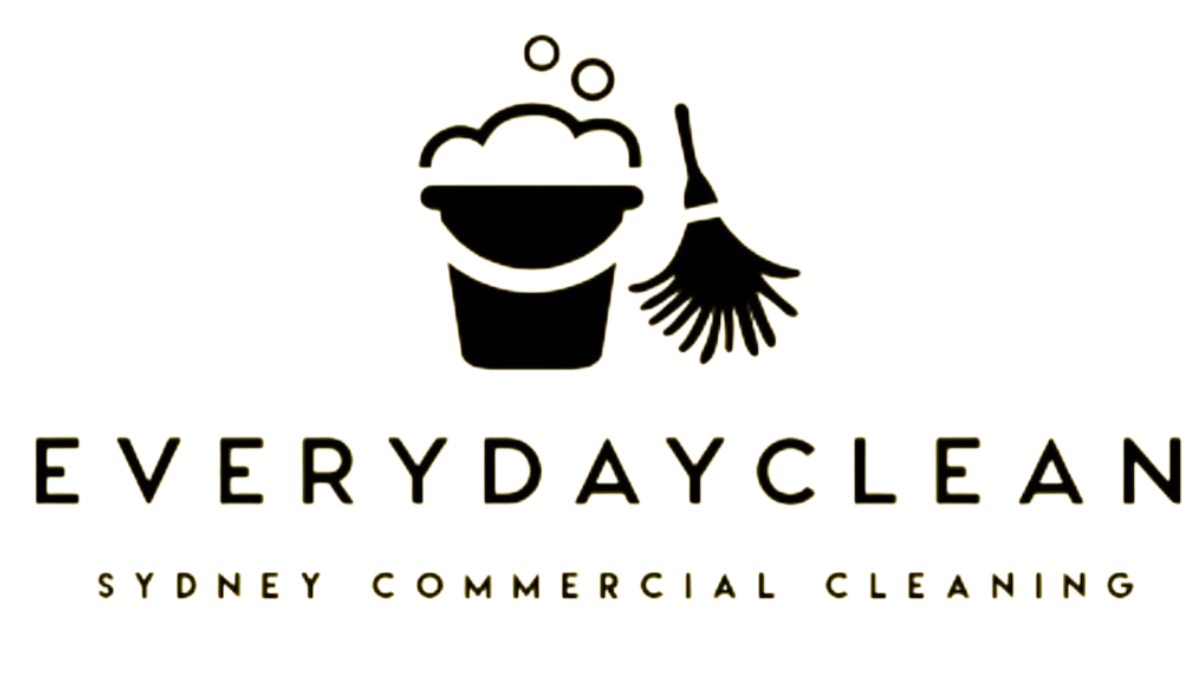Climate Reporting and Commercial Cleaning in Australia
Imagine a future where commercial cleaning is not just about hygiene but also about sustainability. Climate reporting laws and commercial cleaning are now closely linked. More businesses are being encouraged to align with emerging environmental regulations by reducing emissions and adopting greener practices in their operations.
From using eco-friendly cleaning products to minimizing chemical waste, to remain competitive and align with climate-conscious client expectations, many cleaning companies are evolving their service models. This article explores how climate reporting laws and commercial cleaning are interconnected, the importance of sustainability compliance, and the challenges and opportunities that businesses face. Learn how adopting green cleaning solutions can help companies meet regulations while improving efficiency and client trust.
Understanding Climate Reporting Laws and Commercial Cleaning
The Growing Importance of Climate Reporting Laws
As environmental concerns take center stage, businesses across all industries, including commercial cleaning, must adapt to stricter climate reporting laws. These regulations aim to hold companies accountable for their environmental impact, requiring them to disclose emissions, resource usage, and sustainability initiatives.
For commercial cleaning providers, this means rethinking traditional cleaning methods, reducing chemical waste, and adopting eco-friendly alternatives. As sustainability standards rise, companies like Everyday Clean that prioritise eco-certifications and compliance with climate reporting laws are better positioned to attract environmentally conscious clients and secure long-term contracts.
Sustainability Compliance for Cleaning Companies – What Does It Mean?
Key Sustainability Requirements for Cleaning Businesses
Governments are pushing for stricter environmental policies, and cleaning companies are no exception. Some of the key sustainability compliance requirements include:
- Environmental Impact Reporting: Cleaning businesses may need to measure and disclose their carbon footprint, water usage, and chemical waste.
- Use of Sustainable Cleaning Products: Regulations encourage the adoption of biodegradable, non-toxic cleaning agents.
- Energy Efficiency in Cleaning Practices: Companies must minimize their energy consumption through efficient cleaning equipment and reduced water use.
Sustainability compliance isn’t just a regulatory hurdle—it’s a competitive advantage. Businesses that implement green practices are more likely to win contracts with organizations prioritizing environmental responsibility.
The Shift Towards Low-Emission Cleaning Practices
To align with climate reporting laws and commercial cleaning standards, companies are transitioning to:
- Carbon-Neutral Cleaning Products: Using plant-based and non-toxic solutions instead of harsh chemicals.
- Water Conservation Measures: Implementing microfiber mops, low-water-use machines, and controlled dispensing systems.
- Energy-Efficient Equipment: Investing in battery-powered vacuums, automated cleaning robots, and LED lighting in cleaning operations.
These efforts not only support compliance but also reduce costs and improve brand reputation.
Challenges and Opportunities for Cleaning Companies
Transitioning to sustainable cleaning isn’t without challenges. Some barriers include:
- Higher Initial Costs: Eco-friendly cleaning products and energy-efficient equipment may have a higher upfront price.
- Lack of Awareness: Some cleaning companies struggle to keep up with changing regulations.
- Training Requirements: Staff must be educated on sustainable cleaning techniques.
However, businesses that adapt early gain a competitive edge, attract eco-conscious clients, and future-proof their operations.

Green Cleaning Regulations in Australia – What Businesses Must Know
Understanding Certification and Environmental Standards
Australian businesses looking to comply with climate reporting laws and commercial cleaning regulations should seek industry-recognized certifications, such as:
- GECA (Good Environmental Choice Australia): Ensures cleaning products and services meet strict environmental criteria.
- LEED (Leadership in Energy and Environmental Design): Recognizes sustainable building maintenance, including eco-friendly cleaning.
- ISO 14001: A globally recognized standard for environmental management systems.
Certifications help businesses secure contracts with clients that prioritize green cleaning. Understanding how sustainability aligns with new climate policies is crucial for businesses looking to stay ahead of evolving environmental regulations.
Impact of Regulations on Cleaning Products and Waste Management
Climate reporting laws and commercial cleaning regulations restrict the use of toxic chemicals and encourage:
- Biodegradable Cleaning Agents: Reducing environmental pollution from harsh disinfectants.
- Sustainable Packaging: Using recyclable and refillable containers to minimize plastic waste.
- Proper Waste Disposal Practices: Implementing recycling programs and reducing single-use items in cleaning operations.
By complying with these regulations, cleaning businesses can lower their environmental impact while maintaining high sanitation standards.

How Climate Laws Affect Facility Management and Cleaning Operations?
Increased Demand for Sustainable Facility Management
Facility managers are under growing pressure to meet sustainability targets, leading to:
- Higher Demand for Eco-Friendly Cleaning Providers: Businesses prefer service providers with green certifications, especially those offering office cleaning services tailored to meet modern workplace hygiene and environmental standards.
- A Shift Toward Low-Impact Janitorial Services: Clients seek cleaning solutions that minimize carbon emissions and waste.
- Integration of Sustainability into Facility Maintenance: Cleaning is now seen as a key part of a company’s overall environmental responsibility.
Strategies for Compliance and Long-Term Sustainability
To stay ahead of climate reporting laws and commercial cleaning requirements, companies should:
- Conduct Regular Sustainability Audits: Identify areas for improvement in energy use, waste reduction, and chemical management.
- Adopt Carbon Tracking Systems: Monitor and report greenhouse gas emissions related to cleaning activities.
- Train Staff on Green Cleaning Practices: Ensure cleaning teams understand the importance of sustainability and how to implement eco-friendly methods effectively.

The Future of Commercial Cleaning Under Climate Reporting Laws
As environmental regulations tighten, the future of commercial cleaning will be shaped by:
- More Stringent Sustainability Standards: Businesses must continuously improve their green practices to remain compliant.
- Advancements in Eco-Friendly Cleaning Technology: AI-powered cleaning robots, waterless cleaning solutions, and advanced air purification systems will revolutionize the industry.
- Greater Client Expectations: Companies will demand cleaning providers that align with their sustainability goals.
Final Thoughts – Adapting to Climate Reporting Laws and Commercial Cleaning
Climate reporting laws and commercial cleaning are now deeply intertwined, making sustainability compliance a necessity rather than an option. Cleaning businesses that prioritize eco-friendly products, energy efficiency, and responsible waste management will not only meet regulations but also gain a competitive advantage.
By adapting to these changes now, businesses can position themselves as industry leaders and contribute to a greener, more sustainable future.



